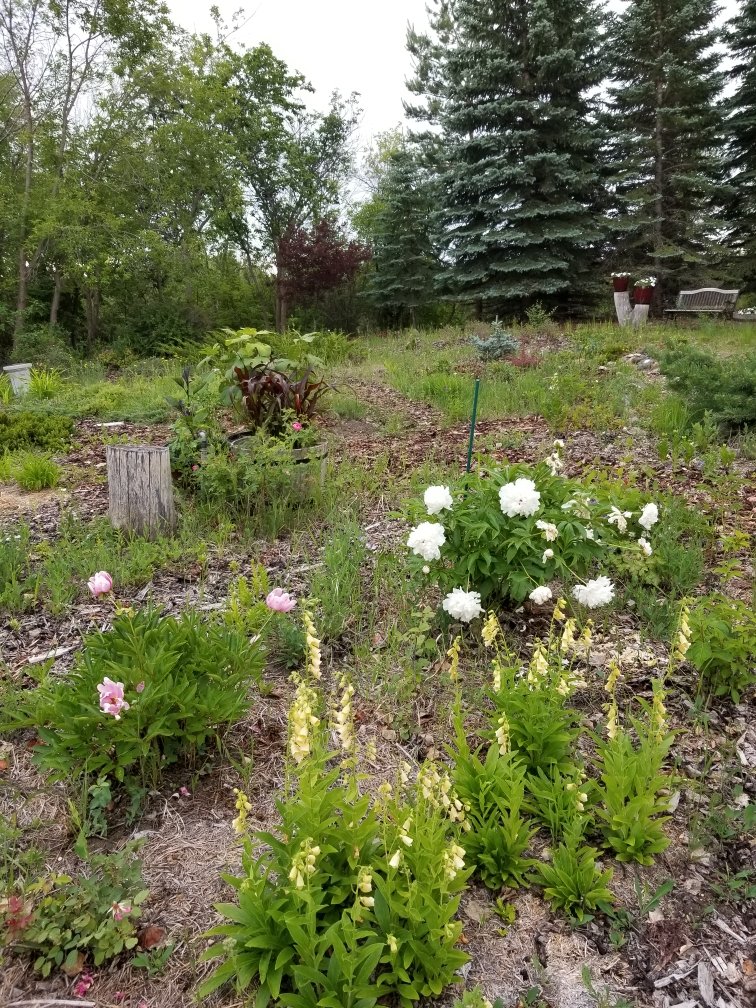Why Choose to Write (When You Could Be Gardening)?
My first attempt at writing a novel was an Agatha Christie-style whodunnit—all plot and no character development. Even I found the result boring. Discouraged, I tried my hand at writing plays. I was then director of Cochin Community Players. We needed more scripts with good roles for older women. “Why not write my own?” I asked myself. After all, I knew my actors and I knew what our audiences liked. The result was two full-length comedies which we produced to local acclaim.
I loved seeing my work on stage, but it was lightweight stuff with little enduring value. And the format—two acts with fewer than a dozen actors and a playing time of under two hours—was limiting. I wanted a broader canvas, one which would allow me to dig deeper and explore new ideas. It was time to write another novel.
Procrastination, plus paid work and other commitments, delayed my plans until finally, when I’d retired from teaching, I wrote Family Matters.
Why would anyone put so much effort into a project whose financial rewards are, at best, uncertain? The best answer I’ve seen comes from Natalie Goldberg. In her preface to the second edition of Writing Down the Bones, she says that the art of writing teaches self-knowledge: “. . . we all have a dream of telling our stories—of realizing what we think, feel, and see before we die. Writing is a path to meet ourselves and become intimate.” That’s true even when you write fiction. My protagonist has many experiences that I’ve never had, but when I’m writing I imagine myself in her situation and consider what I would think and feel, how I would act. It may not be all the reward I need, but that expansion of my inner world does compensate for the many hours at my desk when I could be outside tending my flowers.
